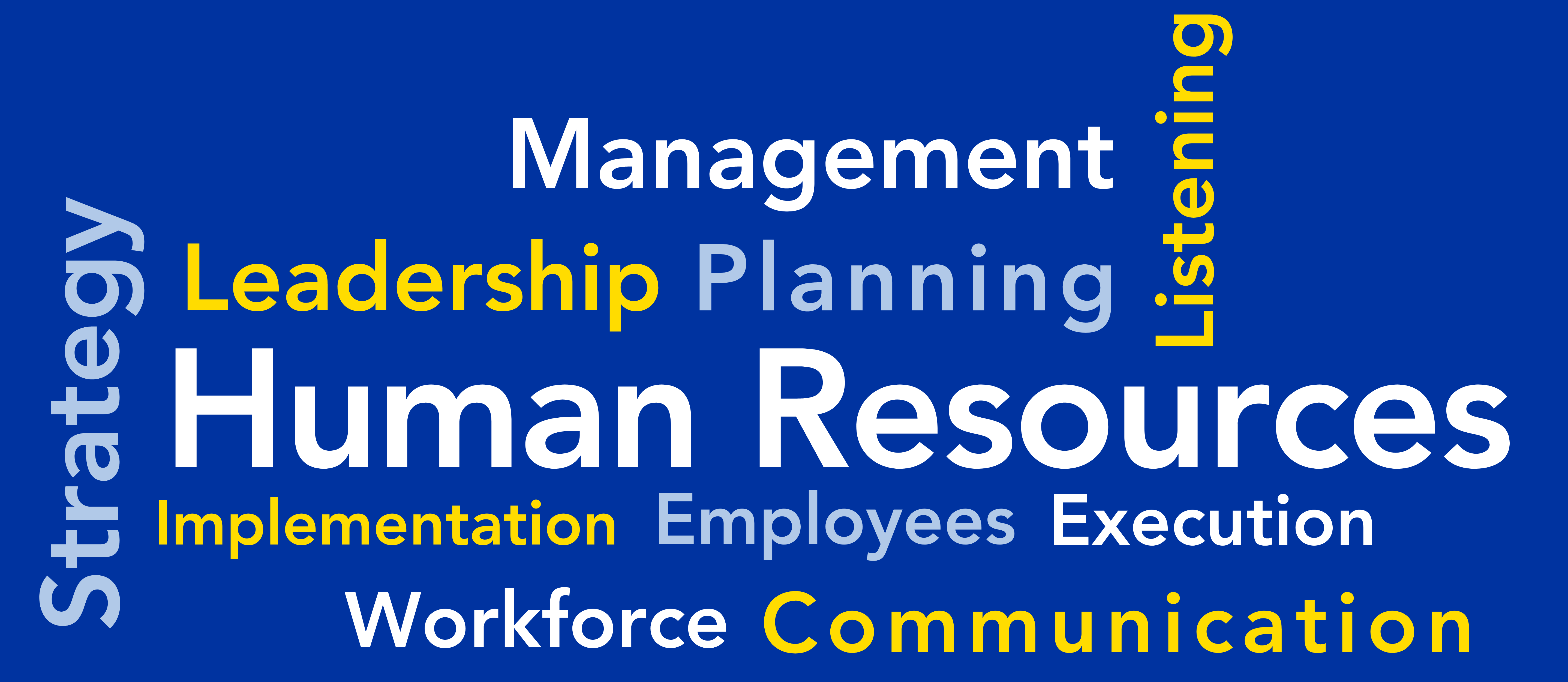Workforce Planning in the Time of COVID
Workforce Planning in the Time of COVID

The pandemic has disrupted almost every phase of our lives. One of the most visible has been the workplace. Layoffs, furloughs, shutdowns, working remotely, social distancing and public health considerations have permanently changed the way we work. Farms and agribusinesses have not been excluded from these impacts and in many cases have been at the forefront…think meat processing plants.
Managing a workforce or even (maybe especially) a family business has never been a simple task and it’s become even more difficult in 2020. Strong active leadership and planning (strategic and tactical) are even more important in crisis times. My colleague and mentor, Dr. Bob Milligan at Dairy Strategies, suggests that managers should be spending two to three times more effort on planning in our current COVID crisis than they would in more “normal” times. I agree. Whether it’s navigating the alphabet soup of assistance programs that have been developed, or accommodating the safety concerns of workers, or managing the supply chain disruptions caused by COVID, a manager has two to three times as many issues to deal with. The complexity and uncertainty have doubled or tripled also. So, it’s going to take two to three times as much planning. DO IT!
Planning demands have doubled or tripled, and good managers will respond in kind. However, planning without execution will have been a waste of that extra two to three times of effort. The execution will start with effective communication with your employees.
Communicate EARLY – OFTEN – CLEARLY
Uncertain times create anxiety, and delays or lags in communication will allow that anxiety to grow. Communicate early and often…even if the message is “I don’t know” or “I don’t know yet.” Millions of workers in the U.S. continue to be adversely affected by the pandemic. Most farm employees still have their jobs, but they see the news too, and are bound to have anxieties: “What if I get sick?” ”What if a co-worker gets sick?” “What if a family member gets sick?” “What if we have to quarantine?” “What if the farm business fails?” “Will I have a job?” “How will I support my family?”
Now do you see the need for extra planning? These questions (and more) should all have been addressed in the plans. Communicate early, often, and clearly with employees, but make absolutely certain that it is not one-way. ASK QUESTIONS. There may be some you didn’t cover in your extra planning. LISTEN EMPATHICALLY. That means “listen to understand” not “listen to respond.” Listening to understand what the employee is saying will enhance communication more than anything you can do. When you understand, you can develop or revise plans to address the concerns and needs… yours and the employees.
Author(s) Contact Information:
